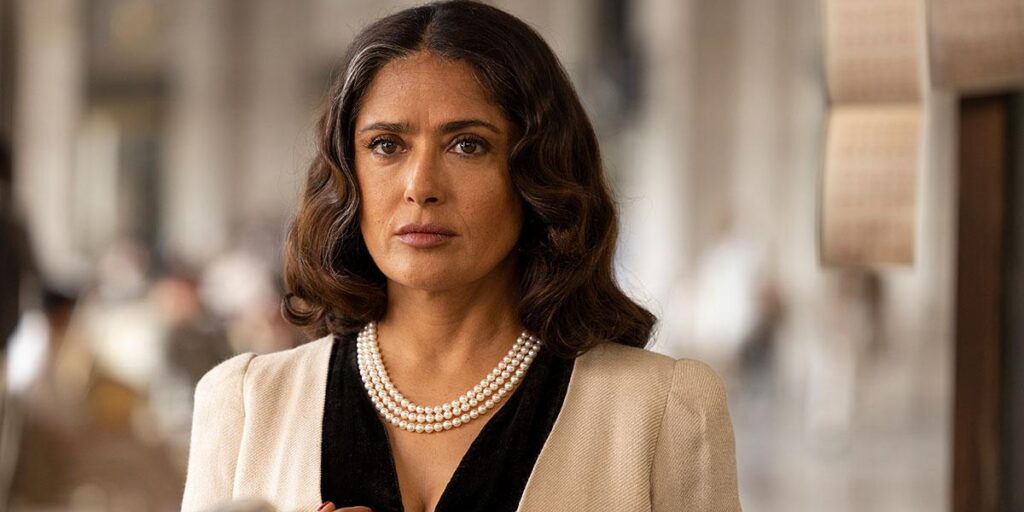
No matter what anyone says about revenge, no one who seeks it will be moved by it. People who are determined to avenge something or someone will continue to carry out their plans regardless of obstacles. No words or actions can change the mind of someone who has already made a decision. The real question is: once the mission is accomplished, is it really worth it?
Film festivals exist not only to entertain, but to showcase films that challenge us, present difficult themes and offer thought-provoking concepts. They often present slow-paced stories that invite the audience to engage on an intellectual level. Angelina Jolie’s latest film is destined to be viewed as scholarly, educational and highly persuasive. Despite its slow start, the film gradually builds momentum to the point where you’ll be asking yourself: Will blood be shed to avenge the death of a loved one, or will revenge be carried out without blood?
As a director, Jolie has created a unique style that reflects her perspective as an actor and director. Other movies might take three minutes to establish their premise, but Jolie takes about twenty-eight minutes to do it. It’s a compliment. We need this time to fully understand the situation so that we can form our own judgments as the story slowly unfolds.
Much of the film takes place around a restaurant table, as Nina (Salma Hayek) and Tito (Demian Bichir) discuss the impact the war has had on them. They talk about the pain of revenge, compare it to drug addiction, and ponder whether a person who kills in the name of kindness is less guilty than a perpetrator who murders many innocent people. Are things that look bad really bad? Can we transcend our pain?
In “Bloodless,” Angelina Jolie deftly explores the intricate theme of revenge and its moral ambiguity. With her unique directorial style, she draws us into a powerful, thought-provoking narrative that unfolds with depth and patience. Her ability to blend emotional complexity with reflective pacing makes “Bloodless” an engaging, engaging film that resonates long after the closing credits roll. Jolie’s direction is excellent, elevating the story into a profound cinematic experience.

